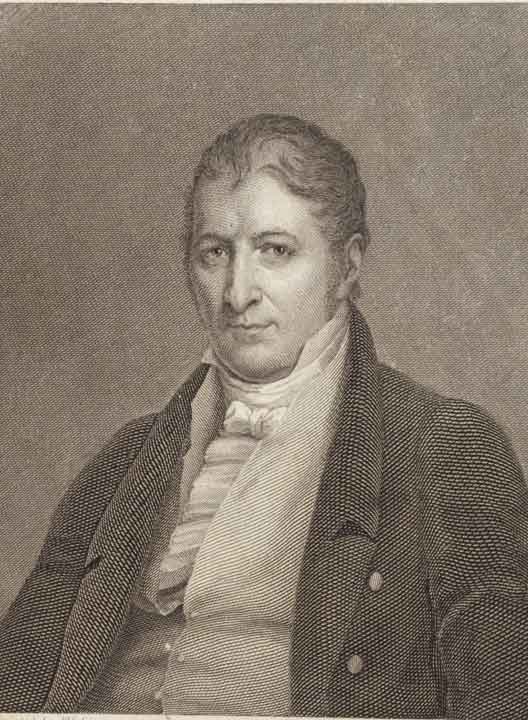Whitney, Eli

Whitney, Eli (1765-1825) Inventor, Manufacturer: Born in Westboro, Massachusetts, on December 8, 1765, Whitney was raised on a farm, and educated in local primary schools. Shortly before the Revolutionary War, his father opened a manufacturing shop on the farm, and Eli helped in his spare time. During the war, the family installed a metal furnace to make nails and other expensive metalworks, a decision that served them well in peacetime. After the war, the family did well producing items like hat pins and clips. Whitney decided to go to college, so he worked to earn money and studied to gain admittance to Yale College. When he graduated, at the age of 27, he knew the specifics of mechanics and was familiar with the new technologies emerging from Europe. Unable to find work teaching in New Haven, he became a private tutor in South Carolina. In 1793, while traveling to his new position, Whitney visited his friend Phineas Miller, manager of the Mulberry Grove plantation in Georgia. There, he watched the process of cotton picking and processing, observing how long it took to pick the seeds out of the cotton. He soon realized that the process was needlessly laborious and time-consuming. In ten days, he designed a machine to remove the seeds from cotton rapidly. With his friend's support, he patented his "cotton engine" or "cotton gin" in 1794. Unfortunately, Whitney's well-intentioned invention led to an expansion of slavery, because of the profitability of cotton production. Whitney did not even benefit much from his invention, since the machine was so easy to copy that few paid royalties. In 1798, he joined Miller to devise a process for mass-producing guns. After moving back to Connecticut, Whitney opened a factory which was able to fill orders for 10,000 muskets for the federal government in eight years, about five times the number which could be produced by any other gun factory. He died on January 8, 1825, in New Haven, Connecticut.
.
